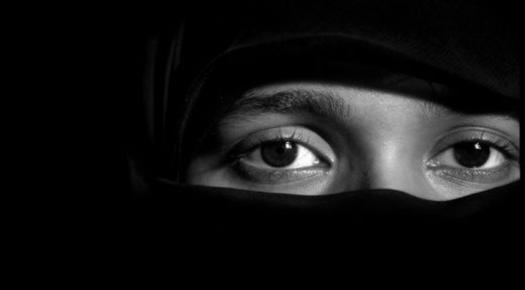
Quebec, a province of Canada, has passed a sweeping ban on face coverings, ushering in a law believed to be the first of its kind in North America. The Liberal government's Bill 62 — which requires citizens giving and receiving public services to do so with their faces uncovered — was put to a vote Wednesday morning in Quebec's National Assembly.
The resulting law has been condemned by critics who say it represents religious discrimination. They also say the law deliberately targets Muslim women and will fuel the province’s simmering debate on identity, religion and tolerance. Part of the critics considers that this law affects the already marginalized and stigmatized segments of society. “We can’t divorce this bill from the larger context in which it falls,” said Gardee of the National Council of Canadian Muslims. “According to Statistics Canada, hate crimes targeting Canadian Muslims increased from 2012 to 2015 by 253%.”
The law comes after two attempts by authorities in Quebec to legislate secularism in the public domain in recent years. A 2010 attempt by the Liberals died on the order paper after two years; a bill by the previous separatist government that sought to ban teachers, doctors and other public workers from wearing highly visible religious symbols failed to pass before an election was called, the Guardian reports.
According to Philippe Couillard, the premier of Quebec, “public services should be given and received with an open face.” “We are in a free and democratic society. You speak to me, I should see your face, and you should see mine. It’s as simple as that,” he told reporters.
The Bill 62 was originally earmarked for provincial employees. The law was later stretched to cover public transit workers and municipal employees in August. This bill, however, offers the chance of exception on religious grounds in case a few criteria are satisfied. Exemptions can be made for those who provide spiritual care or religious instruction, as well as those who are forced to cover their faces due to working conditions or occupational hazards.
The legislation does note that those affected by the law can put in a request for accommodation but it doesn’t explain how exact criteria would work. The government said it would use the coming months to better outline how these requests should be treated as well as develop guidelines for those working in the public sector.
Stephanie Vallee, the Justice Minister of Quebec, said that this law is a must for security and communication reasons. It will be used for identification purposes as well.
Photo Credits: Digital Journal
